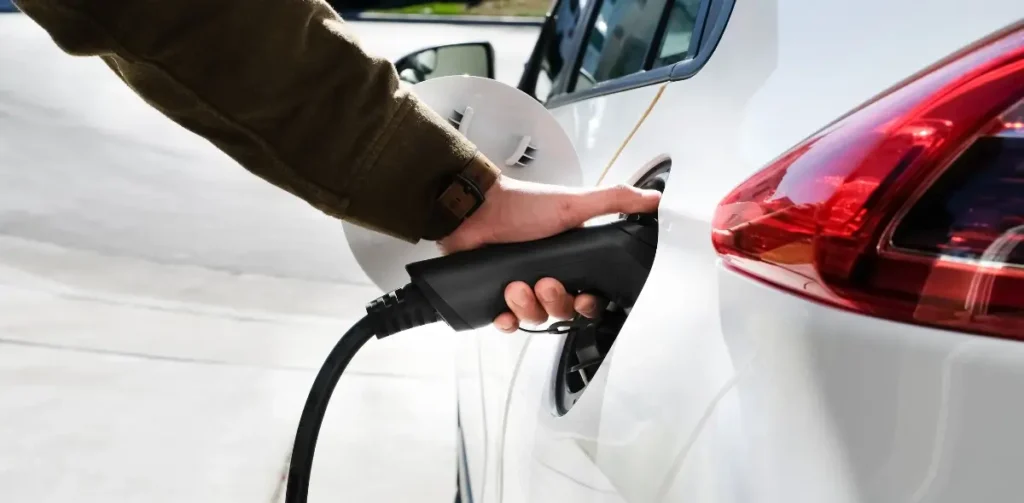Unveiling Tomorrow’s Transportation Collaboration
As the world accelerates toward a sustainable future, integrating electric vehicles (EVs) with intelligent grid systems emerges as a revolutionary force reshaping the transportation landscape. This article navigates through the seamless integration of EVs with intelligent grids, highlighting the benefits of intelligent charging and energy management, addressing challenges in building smart charging infrastructure, showcasing real-world case studies of regions at the forefront of this innovation, and peering into the future advancements in the synergy between EVs and smart grids.
Integration of Electric Vehicles with Smart Grid Systems
Two-Way Communication:
Smart grids enable a dynamic exchange of information between EVs and the grid, facilitating efficient energy distribution and consumption.
Demand Response Programs:
EVs become active participants in demand response programs, adjusting charging schedules based on grid demand and availability of renewable energy.
Vehicle-to-Grid (V2G) Technology:
V2G technology allows EVs to draw energy from the grid and return excess energy, turning vehicles into mobile energy storage units.
Benefits of Smart Charging and Energy Management for EVs
Grid Stability and Reliability:
Smart charging helps balance the load on the grid, preventing peaks and valleys in energy demand, thus enhancing overall stability.
Cost Optimization:
Time-of-use pricing and intelligent energy management enable users to charge during off-peak hours, reducing electricity costs for consumers and utilities.
Increased Renewable Integration:
Smart grids facilitate the integration of renewable energy sources, ensuring that EVs are charged with clean and sustainable power.
Challenges and Solutions in Building Smart Charging Infrastructure
Scalability Issues:
The challenge of scaling smart charging infrastructure is met with innovative solutions, including modular designs and adaptive technologies.
Interoperability Concerns:
Standardization efforts ensure interoperability, allowing different EVs and charging stations to communicate seamlessly within the innovative grid framework.
Cybersecurity:
Robust cybersecurity measures are implemented to safeguard smart charging infrastructure from potential threats, ensuring a secure and reliable system.
Case Studies of Regions Implementing Smart Grid Technology for EVs
Netherlands:
The Netherlands showcases a comprehensive, innovative charging network, seamlessly integrating EVs with the grid and prioritizing renewable energy sources.
California, USA:
California’s initiatives in smart grid technology and EV integration serve as a blueprint for sustainable transportation, reducing carbon footprints.
Denmark:
Denmark’s holistic approach combines wind energy with innovative grid systems, ensuring a harmonious synergy between renewable sources and EV charging.
Future Advancements in the Collaboration Between EVs and Smart Grids
5G Connectivity:
The integration of 5G technology enhances communication speed and reliability, allowing real-time data exchange between EVs and smart grids.
Advanced Energy Storage Solutions:
Evolving energy storage technologies contribute to more efficient utilization of renewable energy, further optimizing EVs’ charging and discharging cycles.
Machine Learning and AI:
Smart grids leverage machine learning algorithms and artificial intelligence to predict energy demand, optimizing charging schedules and grid operations.


